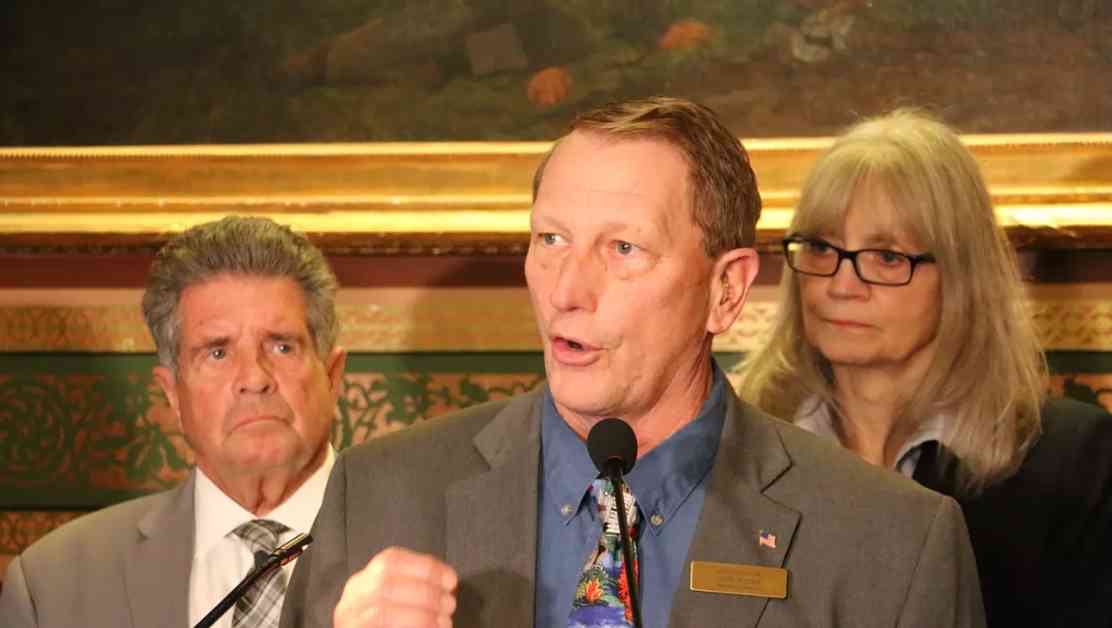Vermont Lawmakers Divided on Constitutional Convention Proposal
Vermont lawmakers found themselves at a crossroads last Thursday when Rep. Mark Higley (R-Lowell) sparked discussions about joining 28 other states in calling for a constitutional convention. The proposal aims to draft amendments to the nation’s fundamental framework, covering crucial issues like federal term limits, spending restrictions, and curbing federal authority.
The Push for Constitutional Change
Higley’s initiative has garnered support from 19 states, inching closer to the magic number of 34 states needed to trigger a convention. If successful, Congress would be compelled to convene the historic event, where proposed amendments would require the approval of three-quarters of states, or 38, to be ratified.
This unconventional approach to amending the U.S. Constitution, outlined in Article 5, is a strategic move to provide a check on unbridled federal power. The aim is to introduce vital changes that reflect the desires and concerns of the American people.
A Divided Response
While Higley’s resolution has ignited hope among some constituents, Democrats in the House Government Operations and Military Affairs Committee remain skeptical. They raise concerns about the glaring partisan influence behind the convention push, noting the involvement of right-wing groups and prominent political figures like Tea Party activist Mark Meckler, Sarah Palin, and Sean Hannity.
Rep. Bob Hooper (D-Burlington) voiced apprehensions about the broad scope of issues that the convention might address. He emphasized the lack of clear guidelines or “guardrails,” raising fears that the event could spiral into unforeseen territories.
Navigating Uncharted Waters
Higley’s rebuttal emphasizes the necessity of initial vagueness to allow convention delegates—comprising three to five members from each state—to propose, debate, and agree on specific amendments. The process, he argues, ensures a structured and controlled approach to constitutional change, dismissing concerns of a “runaway convention.”
The Road Ahead
Higley’s firsthand experience at a simulated convention hosted by Citizens for Self-Governance in 2023 sheds light on the potential outcomes. The proposed term limits and spending restrictions presented during the exercise offer a glimpse into the concrete changes that could emerge from a real convention.
Despite facing an uphill battle in a legislature controlled by Democrats, Higley remains optimistic that shifting federal dynamics might sway opinions. The evolving political landscape, coupled with growing public discontent, could catalyze a more favorable stance among lawmakers.
As Vermont navigates the complexities of constitutional reform, the underlying goal remains clear: to address pertinent issues and shape a future that aligns with the evolving needs of the nation.
The rewritten article captures the essence of Vermont lawmakers’ deliberations on a proposed constitutional convention, offering a balanced perspective on the divisive issue.









